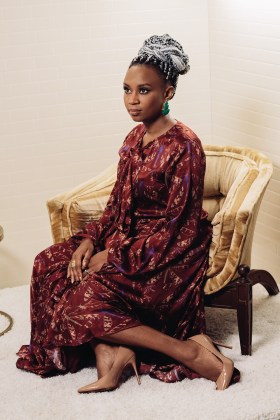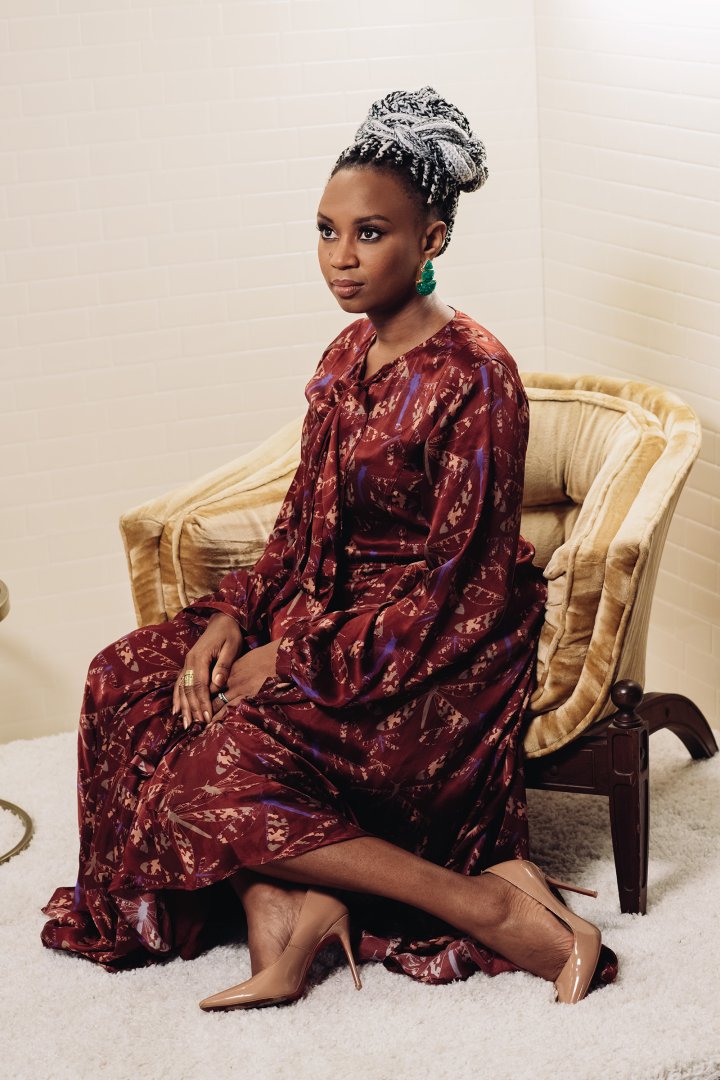 Caitlin Cronenberg—Trunk Archive
Caitlin Cronenberg—Trunk Archive I regularly insist to some fellow sci-fi nerds that they watch Pumzi, Kenyan filmmaker Wanuri Kahiu’s stunning short film set in a near-future dystopia. Pumzi—as is characteristic of Wanuri’s work—centered the stories of Black women, including the film’s protagonist, a scientist. In her 2018 feature, Rafiki, Wanuri once again told the story of Black women—only this time, they were in love with each other. The film, which was initially banned in Kenya because of its depiction of a same-sex relationship, also made history as the first from that country to premiere at the Cannes Film Festival.
Earlier this year, I invited her to a dinner at my Los Angeles home, and she shared with me what was then a secret: she was a part of the small team that would bring Octavia E. Butler’s Wild Seed to screen. Butler superfans can be assured that our beloved Anyanwu, the centuries-old, shape-shifting West African woman who travels part of the Middle Passage as a dolphin, is in Wanuri’s magic hands. Wanuri has the vision, wild imagination and depth to deliver—and her films have a knack for casting a spell.
hampton is a filmmaker and writer
